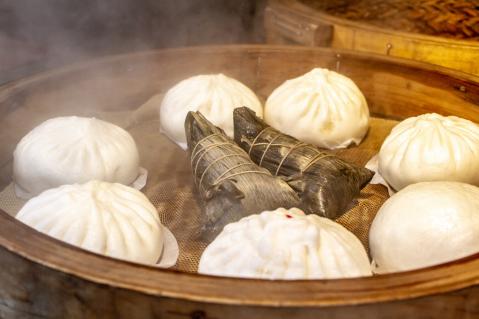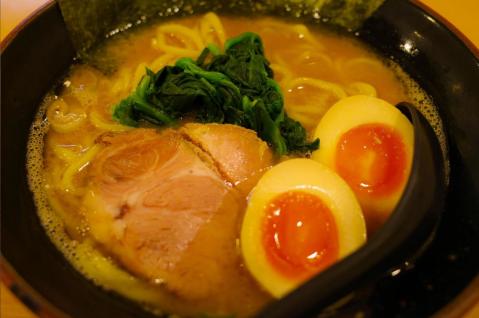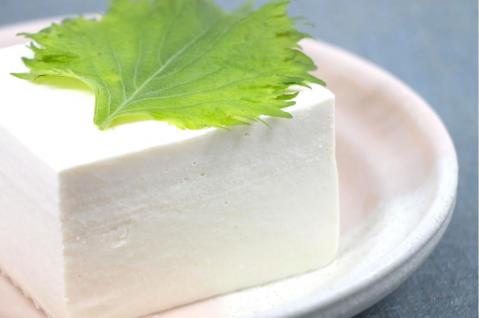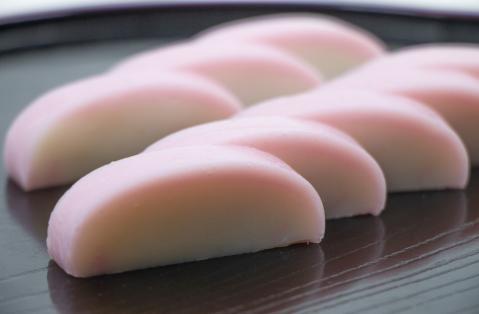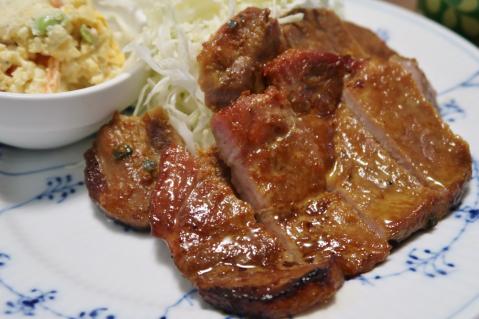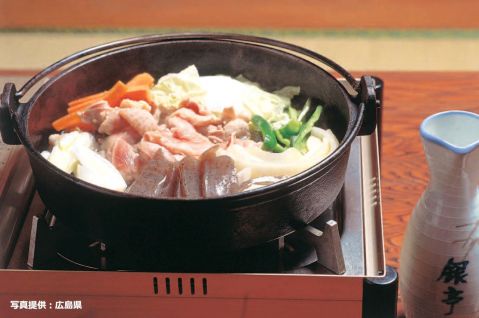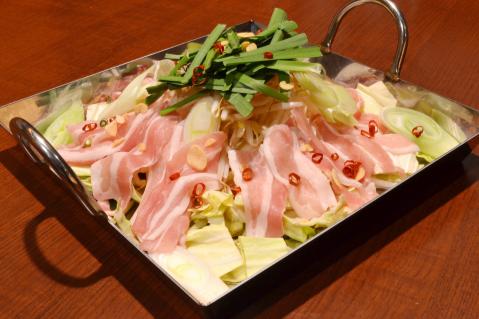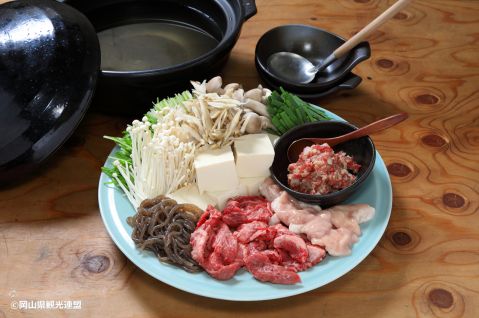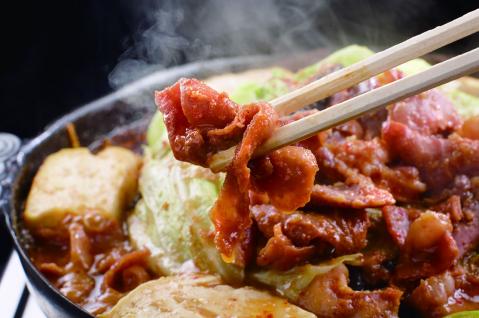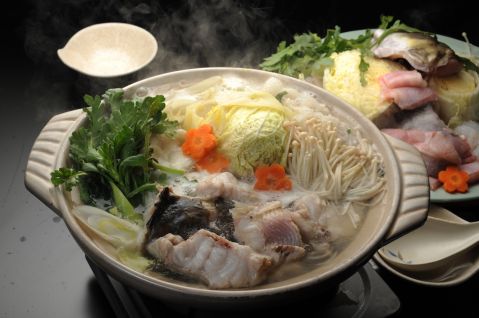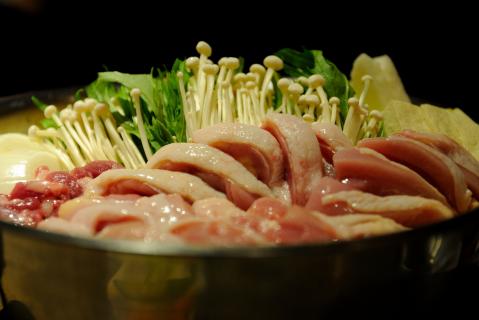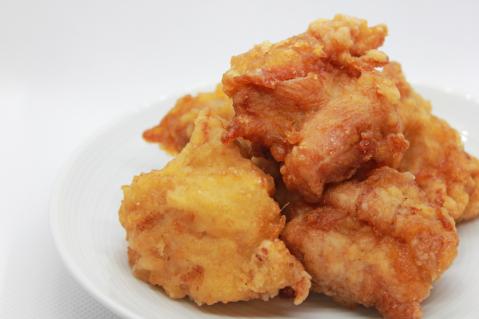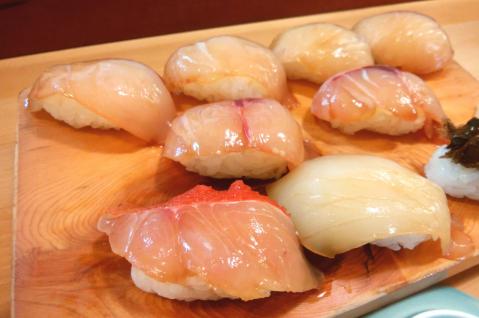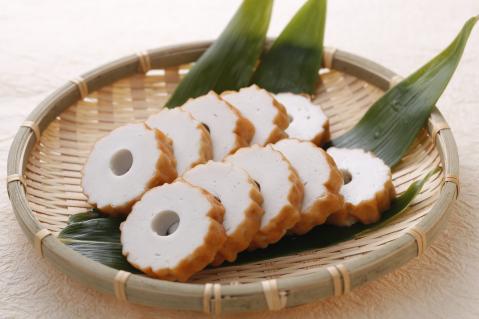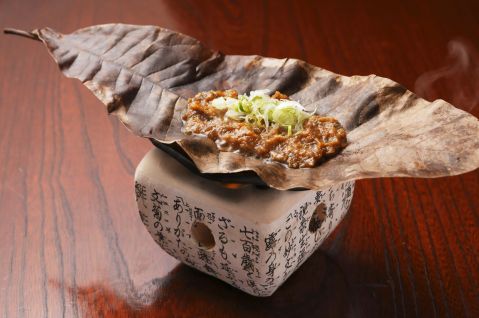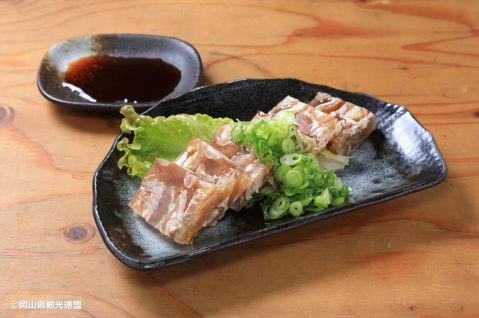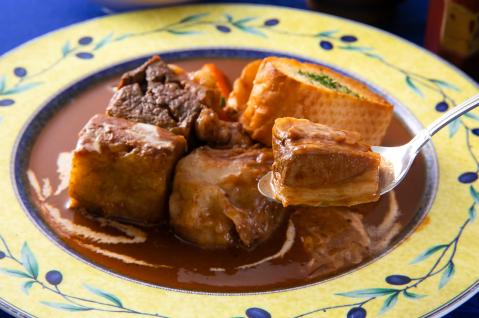Gyunabe (Beef Hot Pot)
A Taste of Yokohama's Heritage — The History and Flavors of "Gyunabe" from the Dawn of Modern Japan
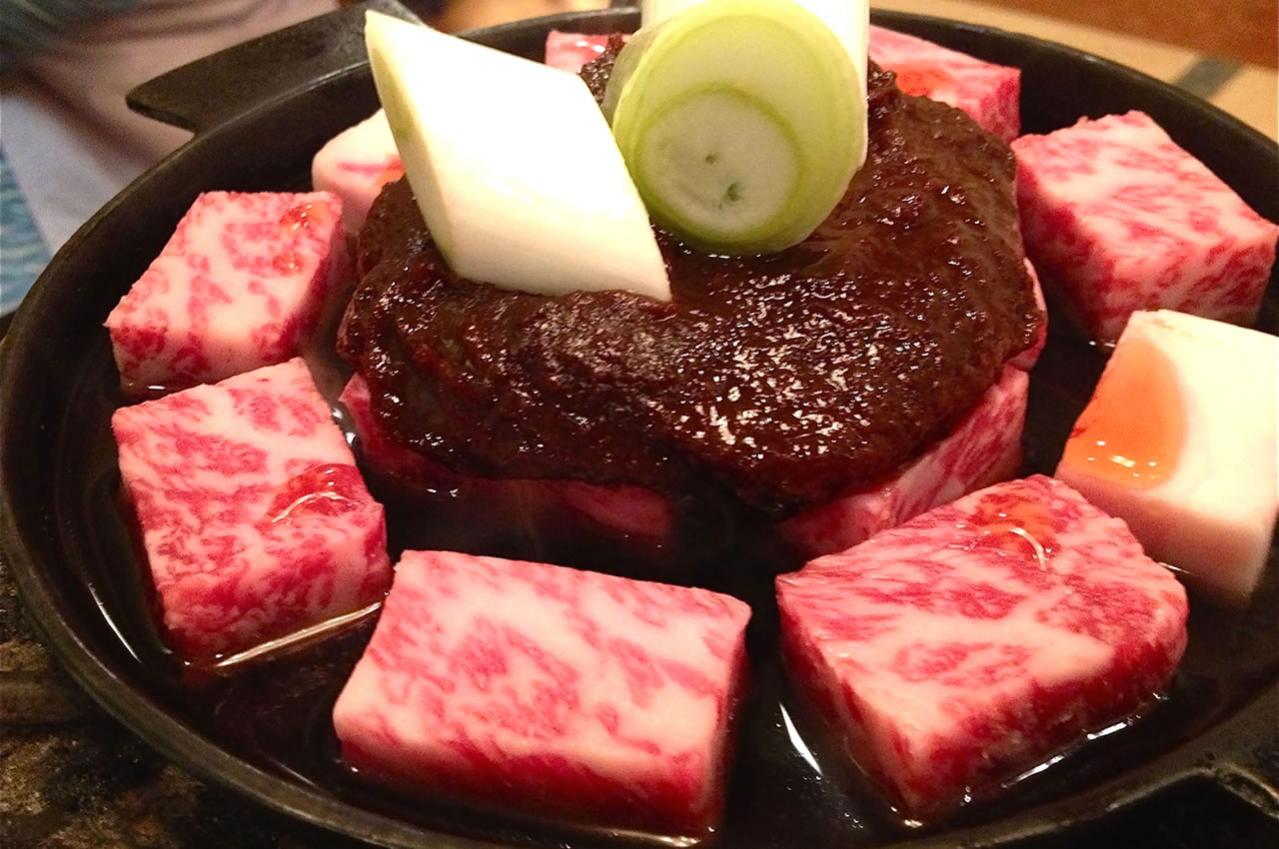
About Gyunabe (Beef Hot Pot)
Gyunabe (牛鍋, beef hot pot) originated in Yokohama, Kanagawa Prefecture, and is a traditional dish that symbolizes the cultural shift from the late Edo period to the Meiji era. After the port of Yokohama opened in 1859, the introduction of beef-eating culture spread, particularly in the foreign settlements. Inspired by this, a local pub named "Isekuma" in Yokohama began serving gyunabe in 1862, marking the birth of this iconic dish. For Japanese people of that era, eating beef was a groundbreaking change, and gyunabe became a symbol of new culinary traditions.
The magic of gyunabe lies in its unique cooking style, where carefully selected domestic beef is simmered in a sweet and savory warishita sauce. This flavorful broth is made from soy sauce, mirin, sugar, and sake, creating a rich, balanced depth of flavor. Ingredients such as beef, scallions, tofu, shirataki noodles, shiitake mushrooms, and seasonal vegetables are added, resulting in a layered and complex taste experience. One of the defining traditions since the Meiji period is dipping the tender beef in beaten raw egg, which enhances both the richness and smoothness of the dish.
Yokohama's gyunabe is not just a dish; it carries a deep connection to the region's history. Its popularity grew during the period when Western culture rapidly spread through Yokohama's port. By the Meiji era, gyunabe restaurants flourished in Yokohama and spread to other cities like Tokyo and Kyoto. Even today, long-standing establishments like "Ōta Nawanoren" continue to serve this authentic taste, attracting visitors from near and far.
In celebration of its heritage, gyunabe is often featured in the annual "Yokohama Gourmet Festival" held every October, showcasing it as a beloved local dish. Additionally, it has become an integral part of Yokohama's community, even appearing in local school lunches.
From a nutritional perspective, gyunabe provides high-quality protein and iron from the beef, while the vegetables offer vitamins and dietary fiber. Pairing the dish with Kanagawa's regional sake, such as "Izumibashi Megumi" or "Hakoneyama," enhances the flavors, offering a memorable dining experience.
Born in Yokohama with the fragrance of Japan's modernization, gyunabe encapsulates the city's rich history and culture in every bite. When visiting Yokohama, don't miss the chance to savor this iconic dish and embark on a culinary journey through time.
Related videos
Reviews
There are no reviews yet.

